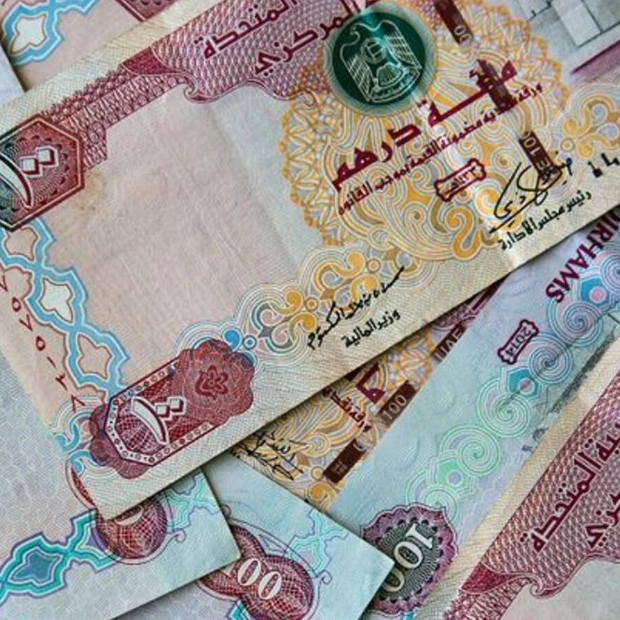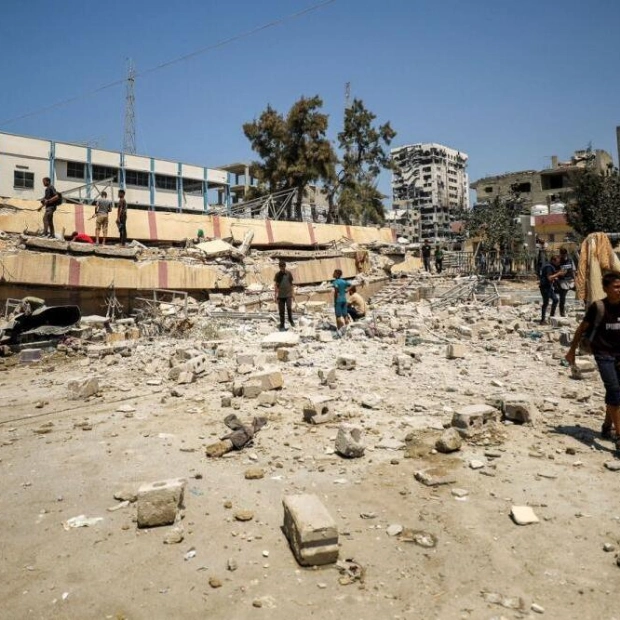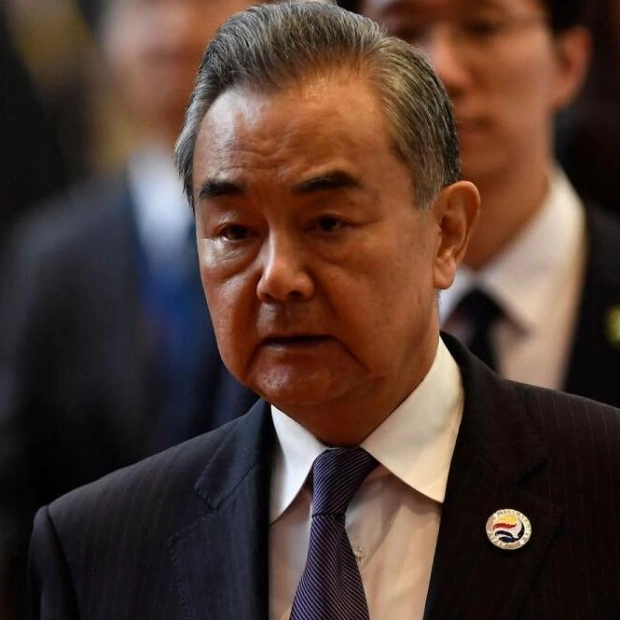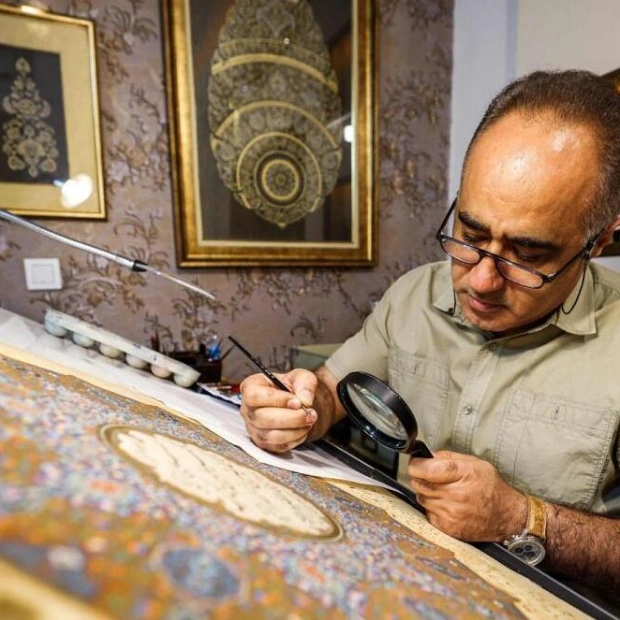Sheikh Hamdan bin Mohammed bin Rashid Al Maktoum, the Crown Prince of Dubai, Deputy Prime Minister, and Minister of Defence of the UAE, has launched a Dh105m mental health initiative aimed at enhancing mental well-being and assisting Dubai residents in managing the pressures of urban life. This initiative is in line with Dubai Social Agenda 33's goal to position Dubai as a premier global city for living, working, and tourism. At Paracelsus Recovery, my clinic, there has been a significant surge in referrals for UAE citizens in recent years, and surveys indicate that about 60 percent of the UAE population has faced a mental health issue at some point. The Mental Wealth Framework tackles the root causes of these conditions, such as stress, societal pressures, education, stigma, and the significance of early detection. By addressing these factors, it not only aims to lower these statistics but also to make Dubai one of the world's most joyful, healthy, and productive cities.
It is well-established that mental ill-health carries a substantial economic cost and negatively impacts productivity. For example, individuals with mental health issues have five times higher absenteeism rates and are six times less productive than their counterparts. Conversely, a population with mental health support yields a return of $4 (Dh14.69) for every $1 (Dh3.67) invested in mental well-being. Mental health initiatives also positively influence a country's healthcare system, as mental health issues often lead to physical ailments like heart disease, cancer, and autoimmune disorders. Untreated mental health conditions can reduce lifespan by up to 20 years due to self-destructive coping mechanisms. Thus, the Mental Wealth framework serves as both a longevity and healthcare strategy as well as a mental health initiative.
Furthermore, the Mental Wealth framework is pioneering in addressing the adverse effects of city living on mental health. Studies indicate that urban dwellers are more susceptible to mental health disorders, from anxiety and depression to post-traumatic stress disorder and schizophrenia. In contrast, environmental factors such as air quality, noise levels, and access to green spaces positively affect stress levels and mental well-being. Supportive social connections, rooted in community and belonging, are linked to lower rates of anxiety, addiction, and depression. The Dh105m initiative's focus on these aspects of mental well-being underscores the interconnectedness of health, environment, and relationships, marking a novel approach to mental health that emphasizes its intersubjective nature.
To ensure the initiative's effectiveness, it is crucial to consider the mental health needs of all individuals, including those in leadership positions who are equally, if not more, susceptible to mental health challenges due to public scrutiny, trust issues, and immense responsibilities. A scientifically grounded strategy, emphasizing mental health understanding and compassion, can cultivate a mentally wealthy population, a rarity at present.






